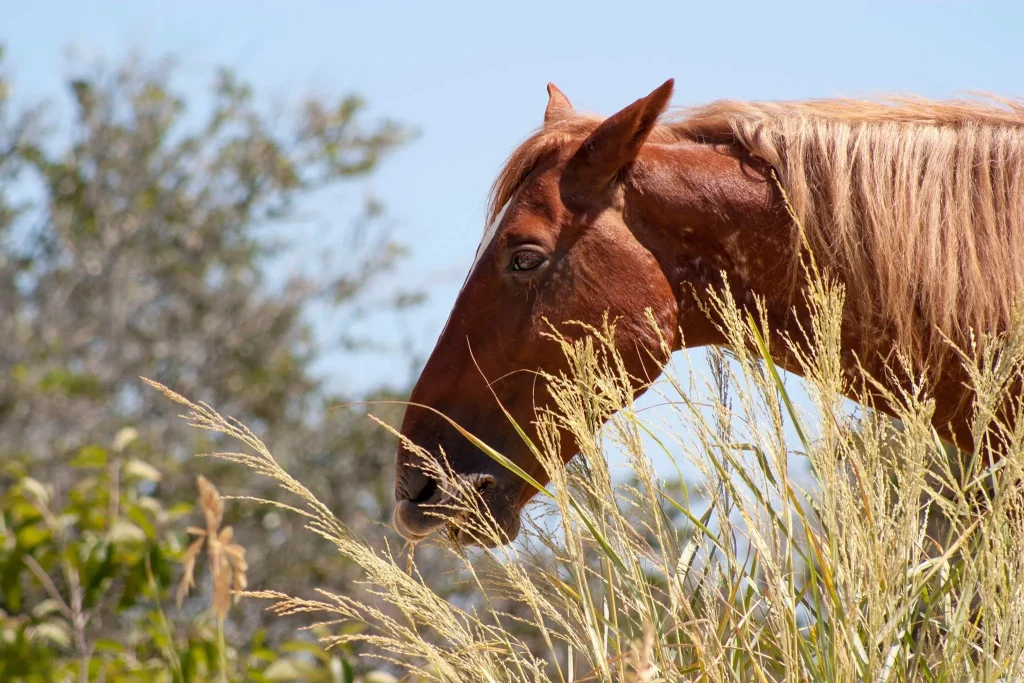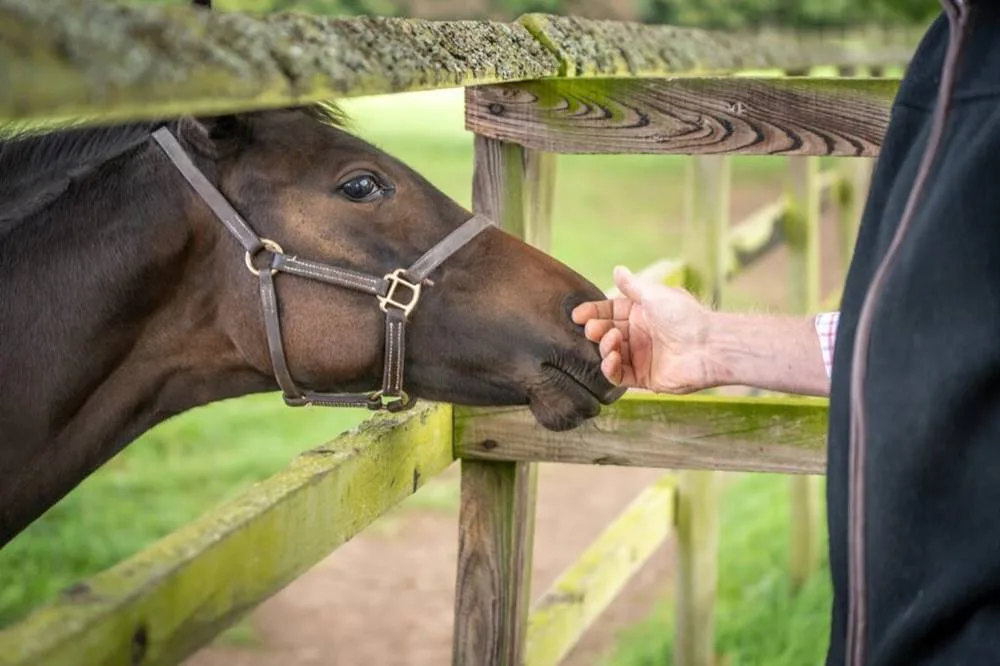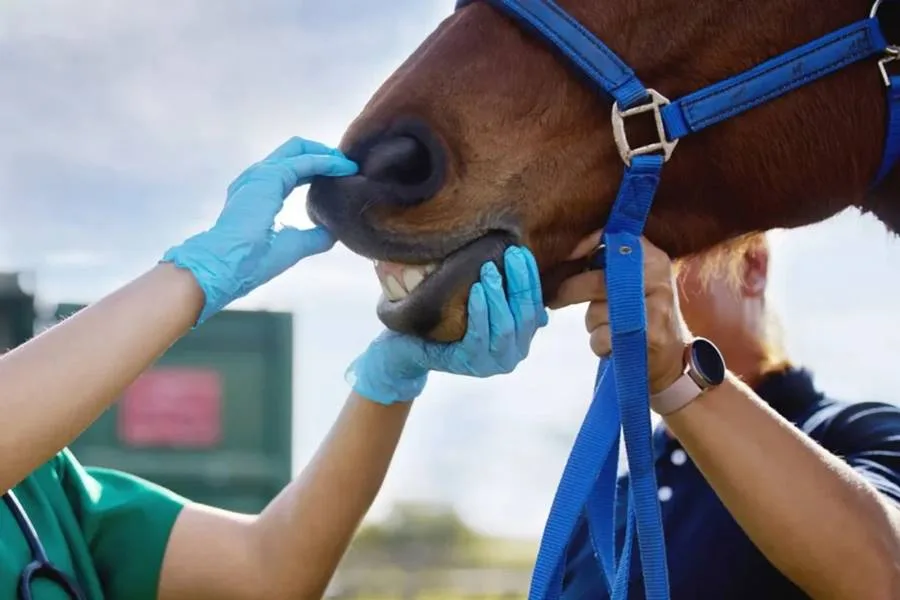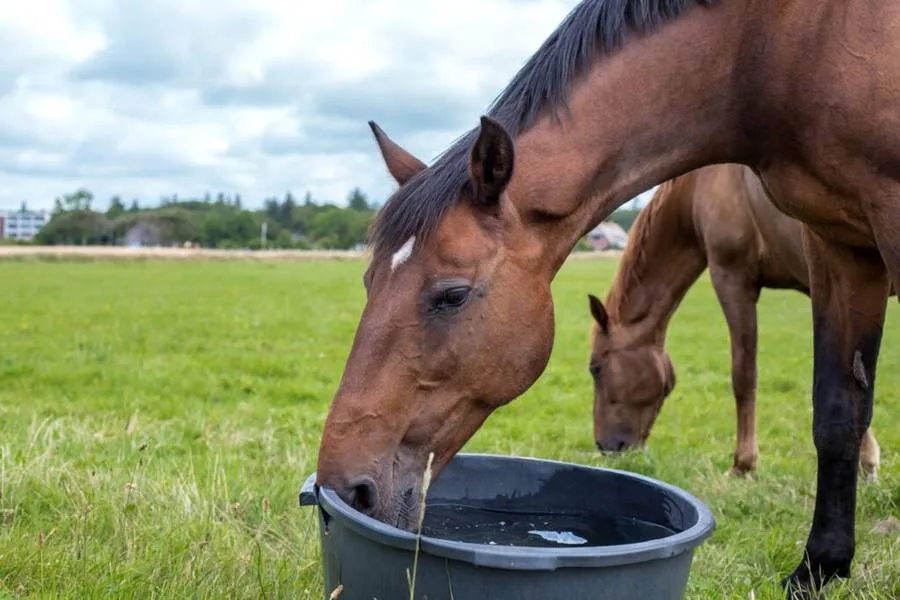How Long Do Horses Live?
When considering the lifespan of horses, many people wonder just how long these magnificent creatures can live. While the average lifespan of a horse can vary significantly depending on several factors, a well-cared-for horse can live anywhere from 25 to 30 years, with some even reaching their 40s! In this blog, we’ll explore the factors influencing horse longevity, common health issues, and tips for ensuring your equine friend lives a long, healthy life.
Average Lifespan of Horses
Most horses live between 25 and 30 years, but some breeds are known for their remarkable longevity. For example, Arabian horses often live longer than average, with many reaching their late 30s or even early 40s. Miniature horses can also have impressive lifespans, often living into their 30s. Factors such as breed, genetics, and overall health play crucial roles in determining how long a horse can live.
Factors Affecting Lifespan
- Breed: As mentioned, some breeds tend to live longer than others. Generally, lighter breeds like Arabians and Thoroughbreds tend to have longer lifespans than heavier breeds, such as draft horses.
- Genetics: Just like humans, a horse’s genetics can influence its health and lifespan. Horses from lines known for good health and longevity may have a better chance of living longer.
- Diet and Nutrition: A balanced diet rich in vitamins, minerals, and fiber is essential for a horse’s health. Poor nutrition can lead to various health issues, which can shorten a horse’s life.
- Healthcare: Regular veterinary check-ups, vaccinations, and dental care are critical for maintaining a horse’s health. Preventative care can help catch and treat issues before they become severe.
- Lifestyle and Environment: Horses that live in clean, safe environments with plenty of space to roam and graze tend to be healthier. Regular exercise is also vital for maintaining a healthy weight and strong muscles.
- Socialization: Horses are herd animals and thrive on social interaction. A horse that is isolated may suffer from stress and anxiety, potentially impacting its overall health and longevity.
Common Health Issues
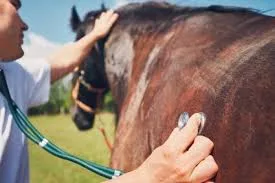
Several health issues can affect horses as they age. Some common conditions include:
- Arthritis: Joint problems can become more prevalent as horses age, leading to pain and decreased mobility.
- Colic: This digestive condition is one of the leading causes of death in horses. Regular feeding schedules and a proper diet can help mitigate the risk.
- Laminitis: This painful condition affects the hooves and can be caused by various factors, including diet and metabolic disorders.
- Cushing’s Disease: Common in older horses, this hormonal disorder can lead to various health problems, including lethargy and a thickened coat.
Tips for Longevity
If you want your horse to live a long, healthy life, consider the following tips:
- Balanced Diet: Provide high-quality hay, pasture, and appropriate grain. Consult with a veterinarian or equine nutritionist to ensure your horse’s diet meets its specific needs.
- Regular Vet Visits: Schedule regular check-ups and vaccinations to catch any potential health issues early.
- Dental Care: Have a veterinarian check your horse’s teeth at least once a year. Dental issues can lead to serious health problems.
- Exercise: Keep your horse active with regular exercise tailored to its age and ability. This helps maintain a healthy weight and muscle tone.
- Mental Stimulation: Engage your horse with varied activities, training, and social interaction. Boredom can lead to stress and behavioral issues.
- Safe Environment: Ensure your horse has a clean, safe living space with shelter from extreme weather conditions.
Understanding how long horses can live and what affects their longevity is crucial for any horse owner. With proper care, attention to diet, regular veterinary check-ups, and a loving environment, you can help ensure your horse enjoys a long, happy life. Remember, every horse is unique, and with the right approach, many can thrive well into their golden years. Whether you have a young colt or a seasoned mare, providing the best possible care can make all the difference in their lifespan and quality of life.

